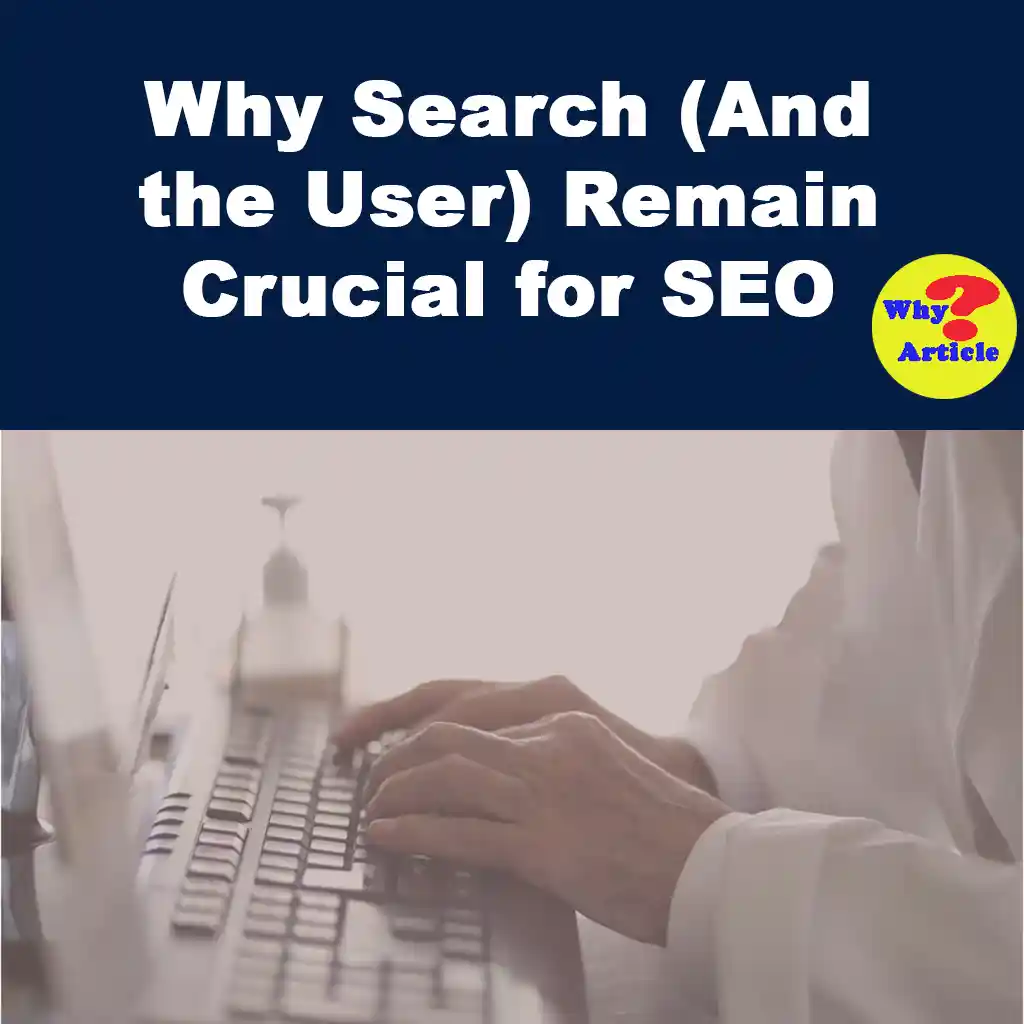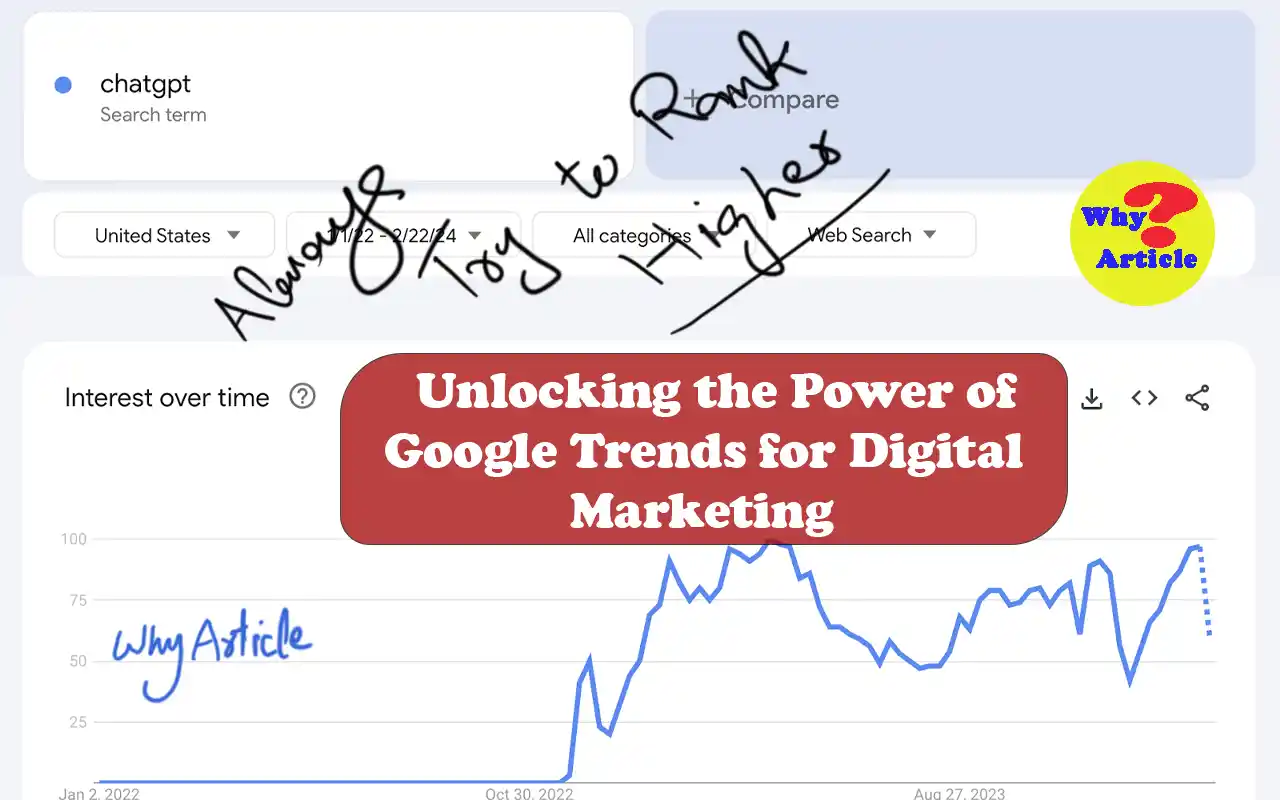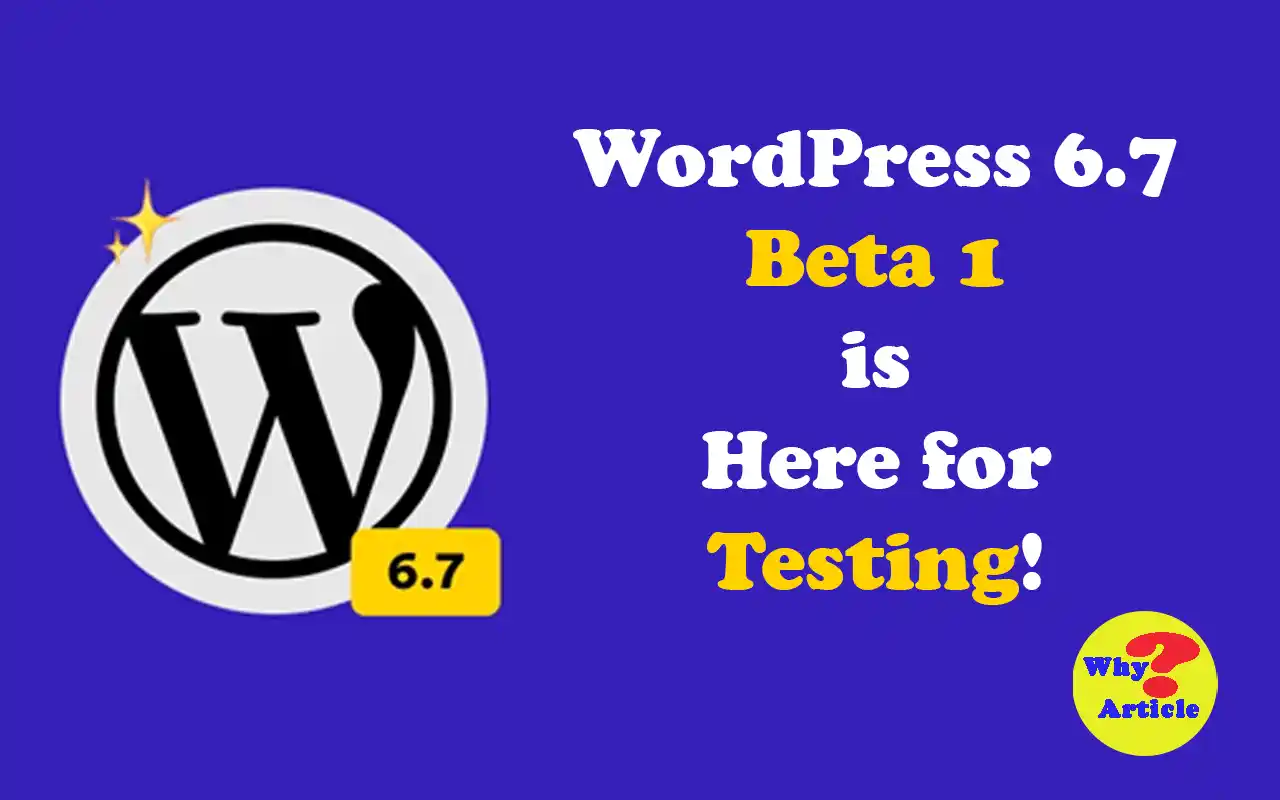
Dive into the ever-changing landscape of SEO and discover why search engines play a pivotal role now more than ever. Uncover how user intent and updates in search engine algorithms influence online interactions and experiences.
Throughout every shift in technology, there’s always chatter about the death of SEO and search engines.
Despite these predictions, SEO refuses to fade away. This article will explore how SEO is evolving and why it remains crucial.
Instead of just listing facts—like how many online purchases start with a search and how most online sessions involve search—let’s dive deeper.
To truly understand why SEO and search are so important, we need to revisit two key aspects: user intent (why people search) and the evolution of search engines.
SEO Is Still Alive and Kicking
Every time there’s a shift in how we access information, such as with featured snippets, instant answers, or now with AI, we see the headlines claiming, “SEO is dead.”
These claims often follow major updates or new technologies, but the truth is, SEO is far from being obsolete.
We’ve also encountered similar doom-and-gloom predictions with the rise of new social media platforms like Meta, TikTok, and X.
Despite these new channels, search engine usage has steadily increased each year for over a decade.
So, what’s really happening? Search isn’t fading away. Instead, emerging technologies and social networks are just pushing people to search even more. Search has become a fundamental part of our online habits and continues to shape our digital interactions.
SEO goes beyond just link-building or using sneaky tactics to game the system. While such methods might offer short-term gains, they won’t provide lasting results for a genuine business or brand.
For sustained SEO success, it’s crucial to focus on more than just keywords and shortcuts.
From Keywords to Intent
Bill Gates once said, “the future of search is verbs.” This quote from 2009 captures the essence of why people search: they’re looking to accomplish tasks or get things done.
Understanding search intent is key when evaluating SEO strategies. Not every searcher is looking for a website. In the early days of search, finding links to websites was the primary goal.
Today, search engines and AI have advanced to the point where they can directly answer common queries.
For queries like [how old is Taylor Swift] or [when is the NHL trade deadline?], users prefer quick answers without navigating through a website. They don’t want to deal with cookie consent notices, alert popups, subscription requests, auto-play video ads, or irrelevant content.
If your approach to SEO involved creating thin, ad-heavy pages just to answer basic questions, then yes, that version of SEO is outdated. However, modern SEO is much more complex and nuanced.
SEO Is Marketing
There’s a lot of talk about how search and SEO are fading, but the truth is, there’s a whole part of search that’s booming: The verbs!
This change has made SEO even more crucial because it’s not just about the words users type anymore; it’s about actual marketing.
SEOs can dive deep into user intents and personas.
A skilled SEO professional can reveal not just what users are searching for, but also “why” they’re searching. This insight helps marketers create content that truly satisfies user needs.
As search engines evolve, so does SEO.
Gone are the days of obsessing over keyword density and meta tags. Modern search engines have moved to a semantic model that uses vectors to understand meaning.
Marketers should adapt by focusing on user intent just like search engines do.
The Evolution of the Consumer Journey
When we think about the consumer journey, we often picture a simple funnel.
However, this classic funnel model is outdated. Today, the consumer journey is more like those quirky straws you used to get with cereal—full of twists, turns, and unexpected loops.
Nowadays, consumers are exploring more than ever across a variety of devices, platforms, networks, apps, and websites. This scattered behavior makes having a skilled SEO expert crucial.
It’s no longer just about picking the right keywords; understanding user intent is only part of the equation. We must also grasp where users are engaging with each intent across different touchpoints.
Technical SEO Still Matters
Even with many platforms and frameworks claiming to be SEO-friendly, technical SEO remains a critical area. Many popular website frameworks aren’t inherently optimized for SEO and need customization to truly shine.
There’s no universal solution for every site, and it’s unlikely there ever will be.
A top-notch SEO professional will help ensure that there aren’t confusing duplicate pages, that the important pages are easily understood by search engines, and that your site redesign or replatforming doesn’t negatively impact your existing traffic.
Why Is Search Still Crucial?
Search remains vital because users are essential.
Even though users are exploring various platforms, apps, or AI tools, they are still engaging in searches. Our job is to ensure our brands and products are visible through these searches.
Whether users are entering information into a web form, speaking to a device, interacting with AI, using their camera, or even communicating with a smart pin, they are always trying to achieve something.
As long as users have goals to meet, SEO professionals will be there to guide and influence their search experiences.




3 thoughts on “Why Search (And the User) Remain Crucial for SEO”